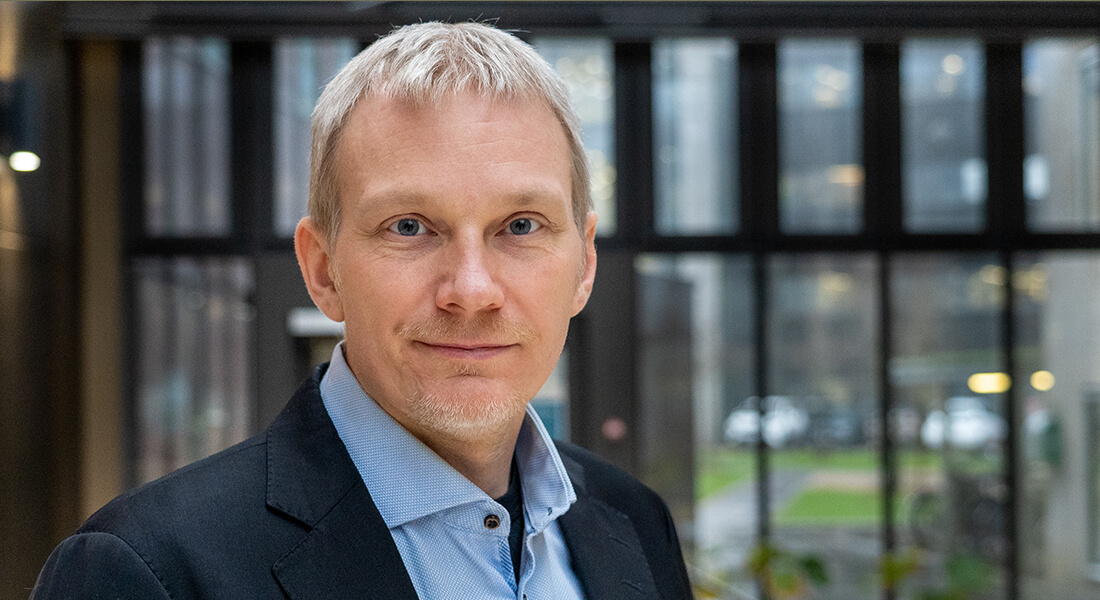Data infrastructure project will be a one-stop-shop for drug developing researchers
Professor David Gloriam has received 12 mill DKK from Novo Nordisk Foundation for the new data infrastructure project, “Online research infrastructure for receptor function and drug design”.

Focus for the new research infrastructure will be a protein family of extremely attractive targets for drug development, G protein-coupled receptors (GPCRs). GPCRs are a large group of membrane proteins responsible for transducing a wide variety of stimuli from outside of the cells, such as ions, hormones, neurotransmitters, odor- and light signals, and into the cells.
This regulates vital processes such as cell metabolism, cell differentiation, growth, neurotransmission and sensory perception. GPCRs have also been found to play a significant role in numerous diseases.
“The new data and tool infrastructure will become a one-stop-shop, where researchers can find vast information about GPCRs or their drugs”, says David Gloriam. “Our resource philosophy is enabling science with the ambition to make big data accessible. In this way make it possible for researchers to perform computational science, not by installing software, but simply by using our tools directly in a web browser.”
Our resource philosophy is enabling science with the ambition to make big data accessible.
The project is part of the larger trend focusing on the development of research databases to make research data and results accessible and open access.
The new data infrastructure project is also part of the current upgrading and development of the educations at Pharma School, since the research group will contribute to several courses at MSc and PhD level. The research group will also educate researchers from the receptor research and drug discovery communities with live demos and hands-on workshops.
The project’s steering committee consists of Professor Anders Krogh from Center for Health Data Science, David Rodriguez, Principal Modelling Scientist at Novo Nordisk, Professor Jette Kastrup and Associate Professor Albert Kooistra.
